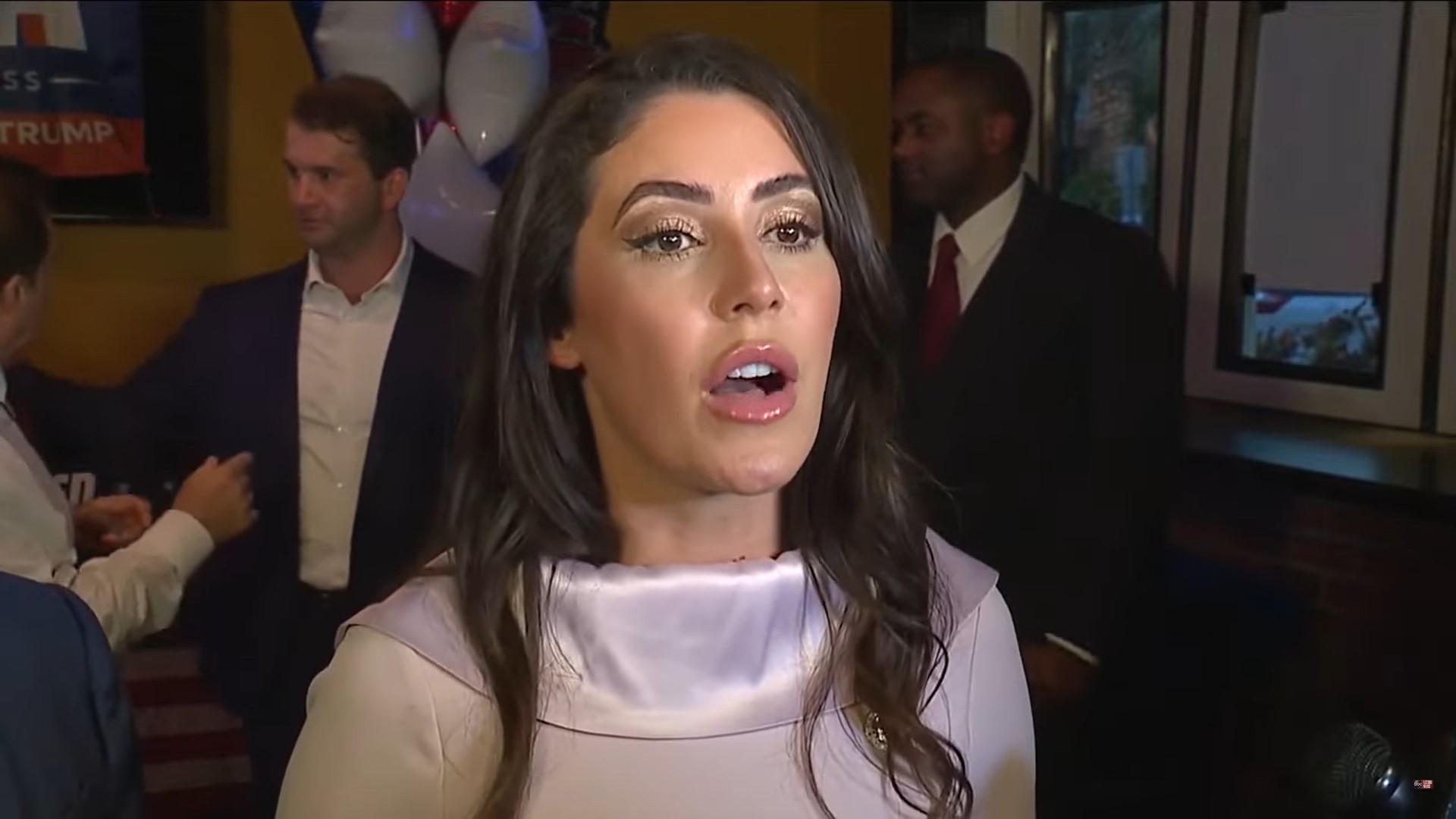Well, here’s a political team-up no one saw coming: Rep. Anna Paulina Luna (R-FL) and Rep. Alexandria Ocasio-Cortez (D-NY) are joining forces to take on credit card companies. The two introduced legislation on Friday that would cap credit card interest rates at 10%, a move they claim will help working-class Americans escape the cycle of debt.
Luna, a rising star in the Republican Party, framed the issue as a battle against corporate greed, saying, “For too long, credit card companies have abused working-class Americans with absurd interest rates, trapping them in an almost insurmountable amount of debt.” She added that the status quo is unacceptable and that a reasonable cap is necessary to protect consumers.
AOC, never one to pass up a populist talking point, echoed the sentiment: “At a time when families are struggling to make ends meet, we cannot allow big banks to shake down our communities for profit.” She also pointed out that President Trump himself pledged during his campaign to cap credit card interest rates, implying that this legislation follows through on that promise.
https://twitter.com/RepLuna/status/1898174289968238641
Now, let’s be honest—this idea isn’t exactly new. Josh Hawley and Bernie Sanders (another odd pairing) pushed a similar bill in 2019 that proposed a 15% cap, and Trump repeatedly spoke about the issue while on the campaign trail. But just because something sounds good in a stump speech doesn’t mean it’ll work in reality.
Here’s the problem: while capping interest rates might seem like a win for consumers, it could backfire spectacularly. If banks are limited in how much they can charge, they’re not just going to sit there and eat the loss. They’ll become much pickier about who they approve for credit, meaning that low-income individuals or people with lower credit scores could have an even harder time accessing credit. And guess what happens when traditional credit becomes harder to get? People turn to payday loans and other predatory lending options, which are far worse than a high-interest credit card.
Not to mention, banks could simply add more fees or slash rewards programs to make up for the lost revenue. That means the people who do qualify for credit cards might end up paying in different (and sneakier) ways.
While Luna’s heart is in the right place, good intentions don’t always make for good policy. If this bill actually moves forward, Republicans should think carefully about whether it helps consumers—or just forces them into an even worse situation.


Leave a Comment